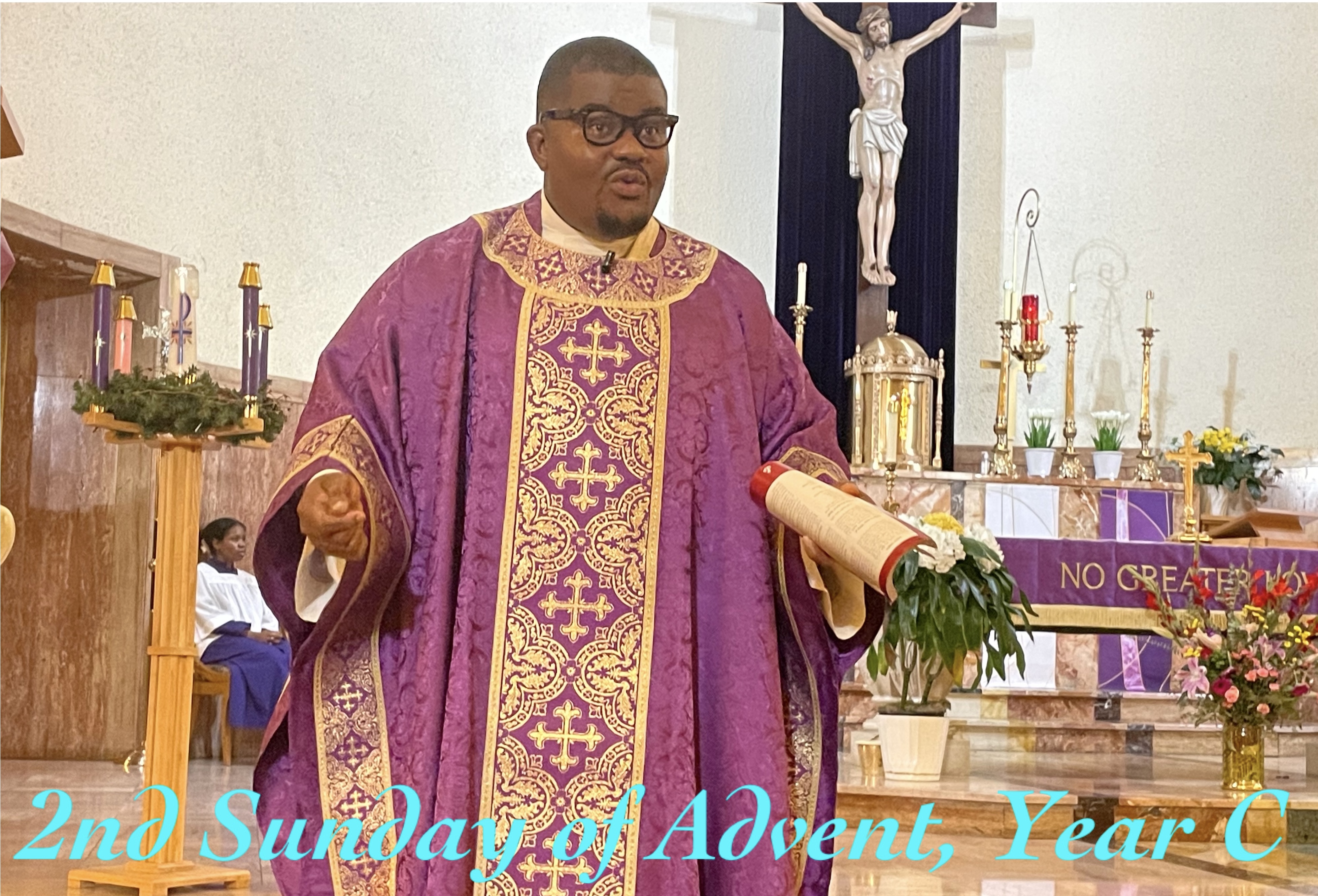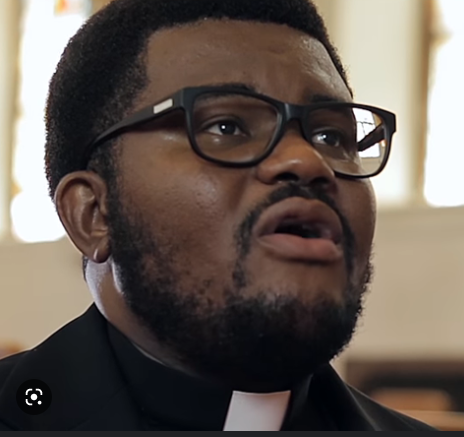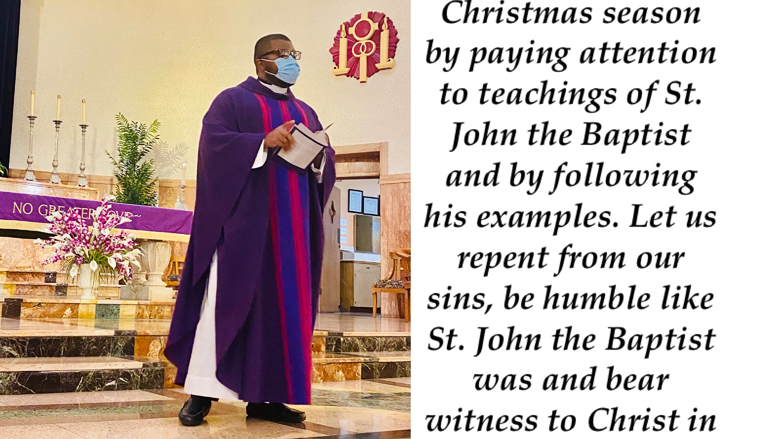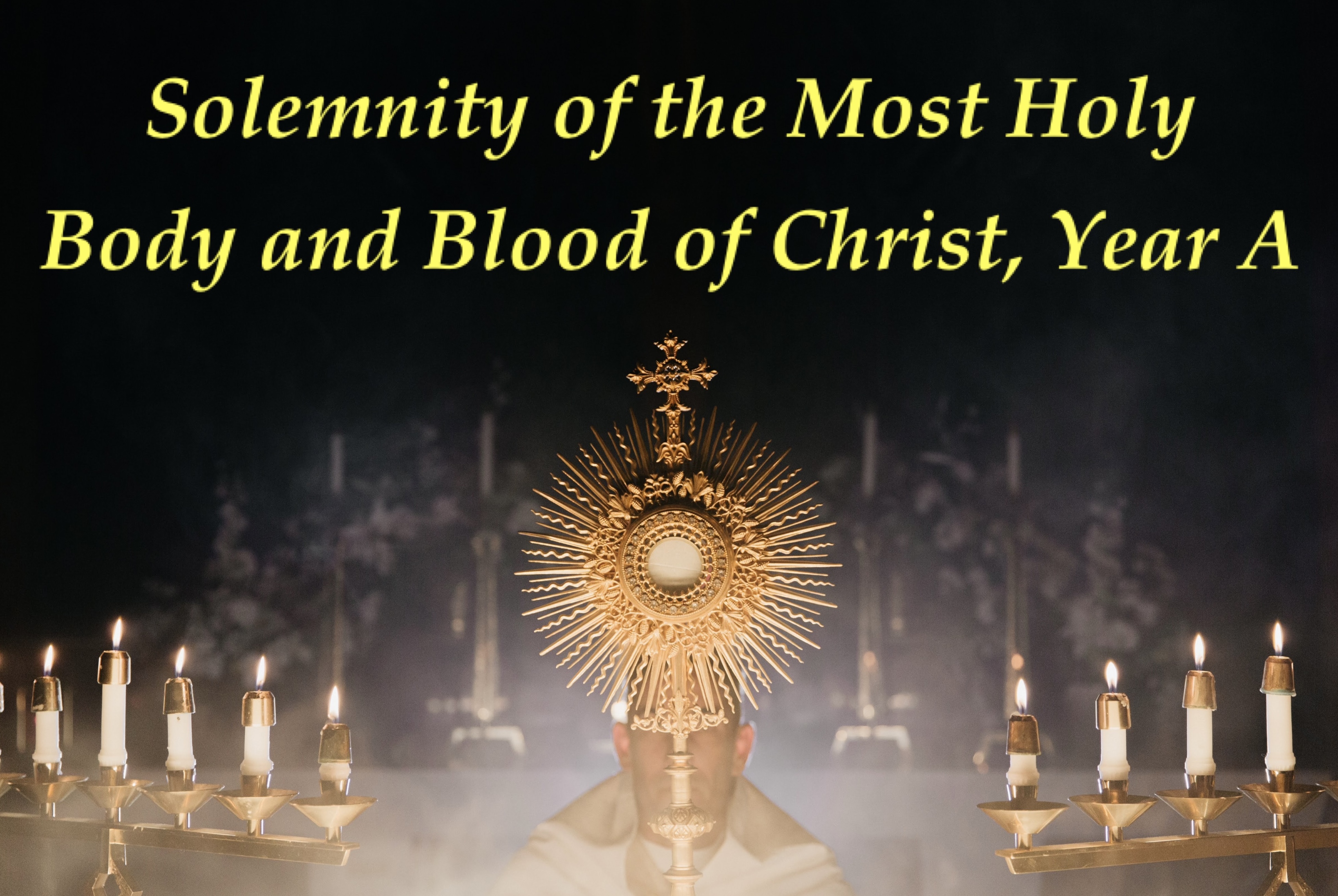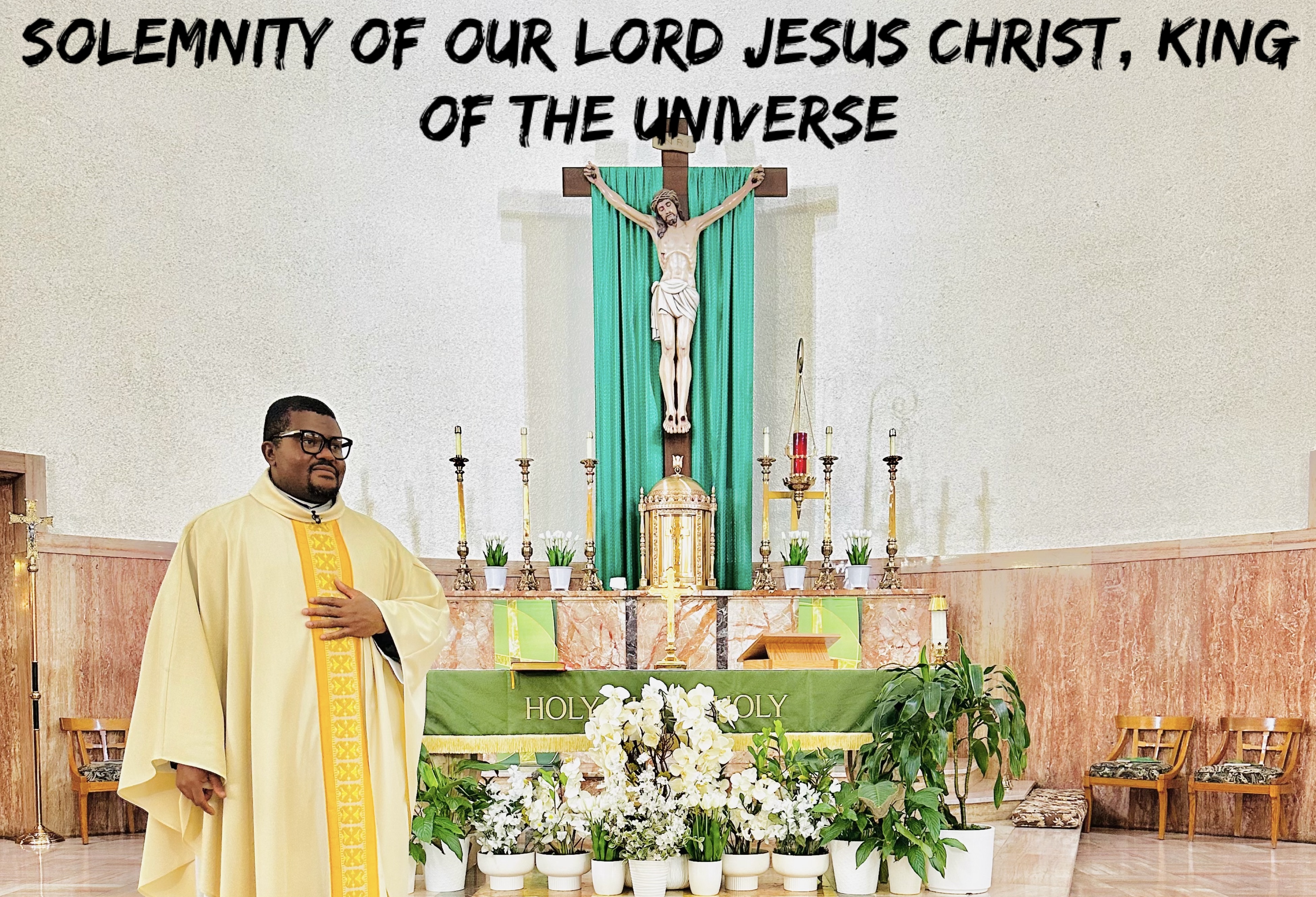2nd Sunday of Advent, Year C
In today’s gospel reading from the holy gospel according to St. Luke chapter 3, verse 1 to 6, we are reminded by St. John the Baptist that the best way to begin this season of preparation, anticipation and hope is through repentance, for the forgiveness of our sins. This call to repentance re-emphasizes Jesus’s call in last week’s gospel reading to be vigilant in our spiritual lives as we begin this season of Advent. Being vigilant as Jesus said, involves doing an interior purification of our spiritual lives which starts with doing a sincere examination of conscience, going to confession, praying constantly and consistently, and practicing mortification.
Today with John the Baptist’s call to repentance, we are urged to start this conversion journey by doing an examination of conscience. So what is an examination of conscience? An examination of conscience is a prayerful reflection on one's thoughts, words, and deeds in order to identify our sins and failings. In order for us to make a good and sincere examination of conscience, we need to do the following:
- Set aside some quiet time for reflection on our spiritual lives;
- Start by praying and calling on the Holy Spirit, to help in making a good examination of conscience;
- Read the Scripture, the word of God to remind yourself of your call to discipleship and your call to be a faithful child of God;
- Honestly reflect on the Ten Commandments and Beatitudes you read in the Scriptures and reflect on our behavior for each of those commandments.
Reflecting on the Ten Commandments entails reading the commandment one by one and asking ourselves some questions on how we have lived out that commandment. So let us take a moment now to do this reflection. The first commandment - I am the Lord your God: you shall not have strange Gods before me. Ask yourself, have I treated people, events, or things as more important than God? The second commandment - You shall not take the name of the Lord your God in vain. Have my words, actively or passively, put down God, the Church, or people? The third commandment - Remember to keep holy the Lord’s Day. Do I go to Mass every Sunday (or Saturday Vigil) and on Holy Days of Obligation? Do I avoid, when possible, work that impedes worship to God, joy for the Lord’s Day, and proper relaxation of mind and body? Do I look for ways to spend time with family or in service on Sunday? The fourth commandment - Honor your father and your mother. Do I show my parents due respect? Do I seek to maintain good communication with my parents where and when possible? Do I criticize them for lacking skills I think they should have? Do I truly appreciate them? The fifth commandment - You shall not kill. Have I harmed another person through physical, verbal, or emotional means, including gossip or manipulation of any kind? The sixth commandment - You shall not commit adultery. Have I respected the physical and sexual dignity of others and of myself in thought and in deed? The seventh commandment - You shall not steal. Have I taken what is not mine or wasted time or resources that belonged to another? The eighth commandment - You shall not bear false witness against your neighbor. Have I gossiped, told lies, or even embellished stories at the expense of another person? The ninth commandment - You shall not covet your neighbor’s spouse. Have I honored my spouse with my full affection, respect and exclusive love? The tenth commandment - You shall not covet your neighbor’s goods. Am I content with what I have or my own means and needs, or do I unnecessarily compare myself to others?
My brothers and sisters in Christ, let us start preparing the way of the Lord and making straight his paths this Advent season by sincerely and prayerfully reflecting on our thoughts, words, and deeds in order to identify our sins and failings, and by participating in the sacrament of Confession to receive forgiveness for our sins.

